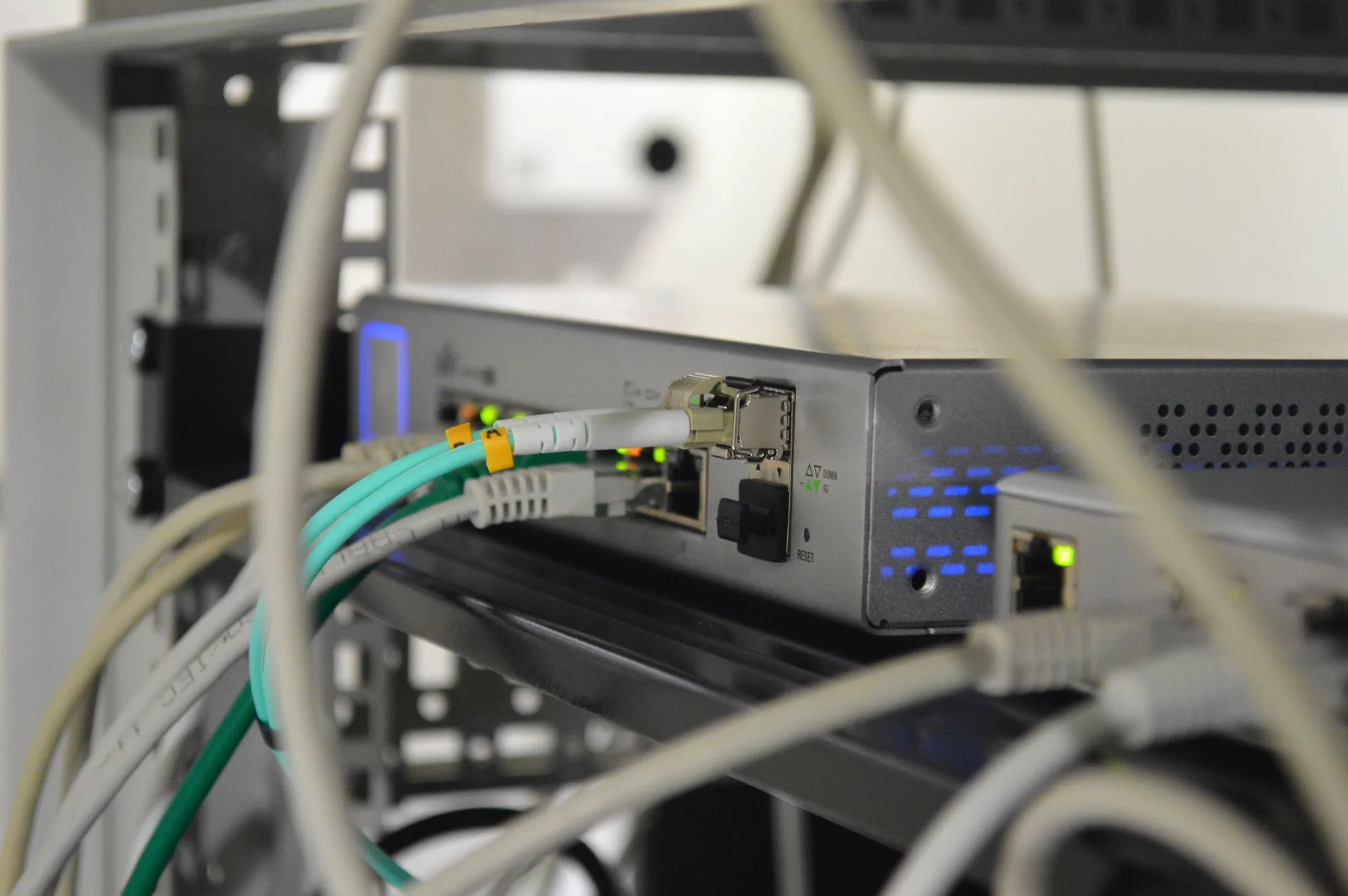
In the realm of internet connectivity, the question of whether one needs a static IP address is a common dilemma. Understanding the advantages and disadvantages of static IPs can help individuals and businesses make informed decisions about their internet setup.
What is a Static IP Address?
A static IP address is a fixed, unchanging numerical label assigned to a device on a network. In contrast, dynamic IP addresses are temporary and can change each time a device connects to the network. The choice between static and dynamic IPs depends on specific needs and use cases.
Pros of Static IP Addresses:
- Stability: Static IPs provide a consistent and unchanging address. This is beneficial for activities that require a reliable and uninterrupted connection, such as online gaming, video conferencing, and hosting websites.
- Remote Access: For businesses and individuals requiring remote access to devices or networks, a static IP makes it easier to connect consistently without the need to constantly update addresses.
- Hosting Services: If you’re hosting services like a website or a game server, a static IP is essential. It ensures that users can reliably access your services without disruptions caused by changing IP addresses.
Cons of Static IP Addresses:
- Cost: Generally, static IPs may come with an additional cost from your Internet Service Provider (ISP). In contrast, dynamic IPs are often included in standard packages.
- Security Concerns: Static IPs can be more susceptible to targeted attacks because the address remains the same. Regularly changing dynamic IPs can provide an additional layer of security by making it harder for potential threats to locate and target a specific device.
- Configuration Complexity: Setting up and configuring a static IP address may be more complex for individuals who are not familiar with networking. Dynamic IPs, on the other hand, are often automatically assigned by routers.
Making the Decision:
Deciding whether you need a static IP address depends on your specific requirements. If you’re running servers, hosting services, or need a stable connection for specific applications, a static IP may be beneficial. However, for most typical users who engage in everyday internet activities, a dynamic IP provided by the ISP is often sufficient.
Conclusion:
In the end, the decision to opt for a static or dynamic IP address hinges on your individual or business needs. Assessing the pros and cons, considering security implications, and evaluating the associated costs will help you make an informed choice that aligns with your internet usage requirements.





